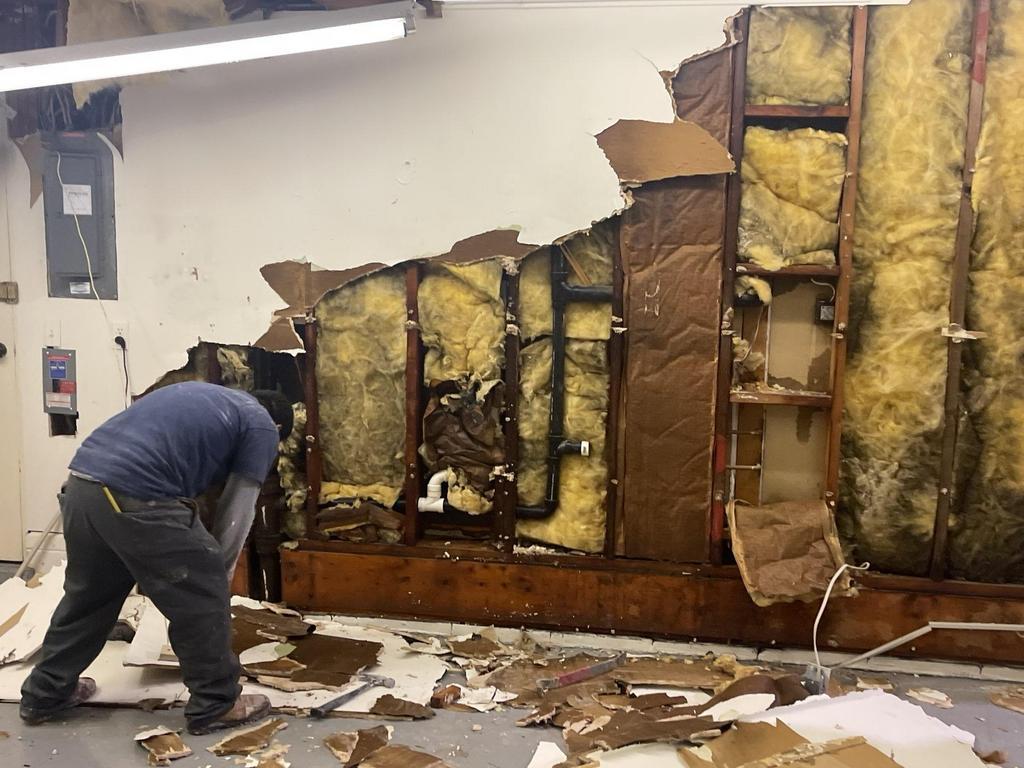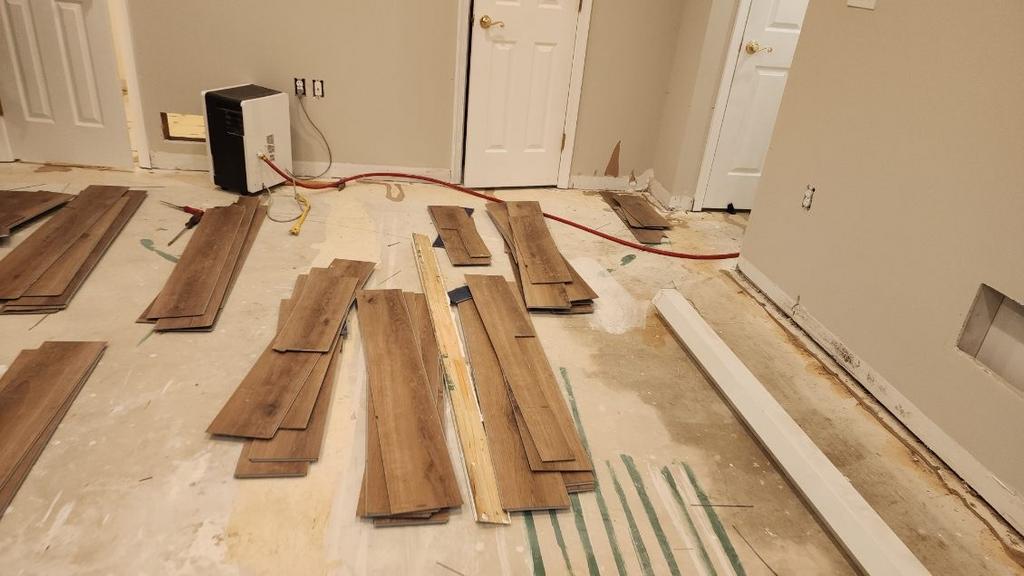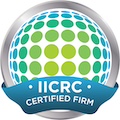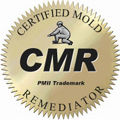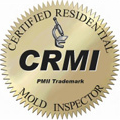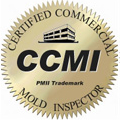Home disasters tend to make you forget everything you know about filing an insurance claim, so it can be helpful to jot down steps to follow after experiencing a flood, fire, hurricane, or other weather-related natural disasters. Initial concerns tend to be focused on family members’ health and safety, which they should be. However, homeowners should stay calm enough to confirm their coverage and file a claim in an organized way.
Insurance companies follow the rules
Water damage often generates many additional expenses and problems. If you are prone to flooding, make sure that you have a separate policy that covers flooding from storms and failed levees. Certain plans only cover water damage from firefighting efforts and broken pipes. Most insurance companies exclude flood damage from coverage when caused by a natural disaster unless you buy a special flood insurance policy. These policies are widely available, and you can usually find a low-cost policy.
Prepare Mentally to Answer an Insurance Adjuster’s Questions
It’s a sad fact that insurance companies often take a hostile approach, so it’s important to answer adjuster questions with firm confidence. Don’t call when you’re upset, and always know what your policy covers and what it doesn’t. Try to avoid making any recorded statements until you discuss the issue with your attorney. Insist on your rights, and you may even shock your attorney by understanding your rights, knowing what damages are covered, and even suggesting a rough estimate of damages.
Remember that insurance companies always try to settle for the smallest amount possible. If there’s water damage, claims adjusters will often overlook structural inspections, money spent on water removal, and expenses related to mold remediation. You have a right to restore your home to its pre-disaster condition. Don’t agree to a quick settlement before you know all the expenses you might incur including any inspections you deem appropriate.

It’s important to read and understand your insurance policies before disaster strikes. Collect any homeowner documentation to confirm repairs, remodeling projects, and important dates to avoid any misunderstandings. If you’re calm, and knowledgeable and insist on your legal rights before settling, you let the adjuster know that you’re not a pushover or emotionally blindsided by the disaster.
Understand that most homeowners’ policies only cover water damage related to plumbing failures such as busted pipes, toilet failures, or water leaks in the plumbing. These policies state that coverage doesn’t apply to foundation leaks from rainstorms, lakes or rivers rising to unprecedented levels, dam or levee failures, coastal surges, or monsoon-generated waves. The lack of coverage on the most common causes of flooding shocks many homeowners. Make sure you carry separate flood insurance, especially if you live in a flood plain. Sudden downpours that dump inches of rain can generate flash floods in areas not normally susceptible to them.
Tips for Dealing with Insurance Companies
Make sure you gather copies of your insurance policy, proof of premium payment, records of any conversations with your insurance agent confirming coverage, and any correspondence with the insurance company. File your claim as quickly as possible, report any crime-related damages to the police, and insist they prepare a report. When calling your insurance company, be emotionally stable and in a quiet, private space.
Contacting an insurance company quickly helps you get money for your claim faster. You should run the case by an attorney who might detect possible lawsuit actions that will increase your payout. Filing your claim promptly also ensures that you don’t miss any expiration dates for filing a claim.
Other important tips for dealing with insurance companies include:
- Always make sure that anyone injured receives medical attention, including yourself.
- Make notes about any phone conversations, assurances, or correspondence with your insurance agent, adjuster, and any company staff member.
- Document the damage inside and outdoors with photos, videos, and short verbal summaries. (If you don’t have any pictures when talking to a claims adjuster, take photos of damaged areas immediately.)
- Never admit that you don’t have confirmation of the damages.
- Follow all the insurance company’s recommendations regarding standard claims procedures like scheduling inspections or getting multiple estimates.
- Keep a record of all related expenses including, all out-of-pocket expenses, cost of repairs, and inspection expenses. Also document the cost of temporary housing, expenses for mold remediation and specialized drying services, and cleaning fees.
- Assembling all related documentation in advance of any meetings with attorneys or insurance companies helps you maintain an attitude of competence. Doing this will prevent adjusters from offering lowball settlements.
- Consider making copies of expense receipts or photographing them and sending copies to all people involved in the disaster.
- Don’t forget small expenses for items like duct tape, fans for drying your property, sandbags, caulk, and tarpaulins.
- Email copies of confirming photos and videos to people involved with your claim after your attorney approves the effort.
Documenting everything usually proves invaluable when making insurance claims. Events that result in water damage generate a lot of stress but don’t let the stress control or limit your efforts to document all aspects of property damage. Water damage isn’t always visible immediately, so inspect your property a second time after you’ve calmed down.
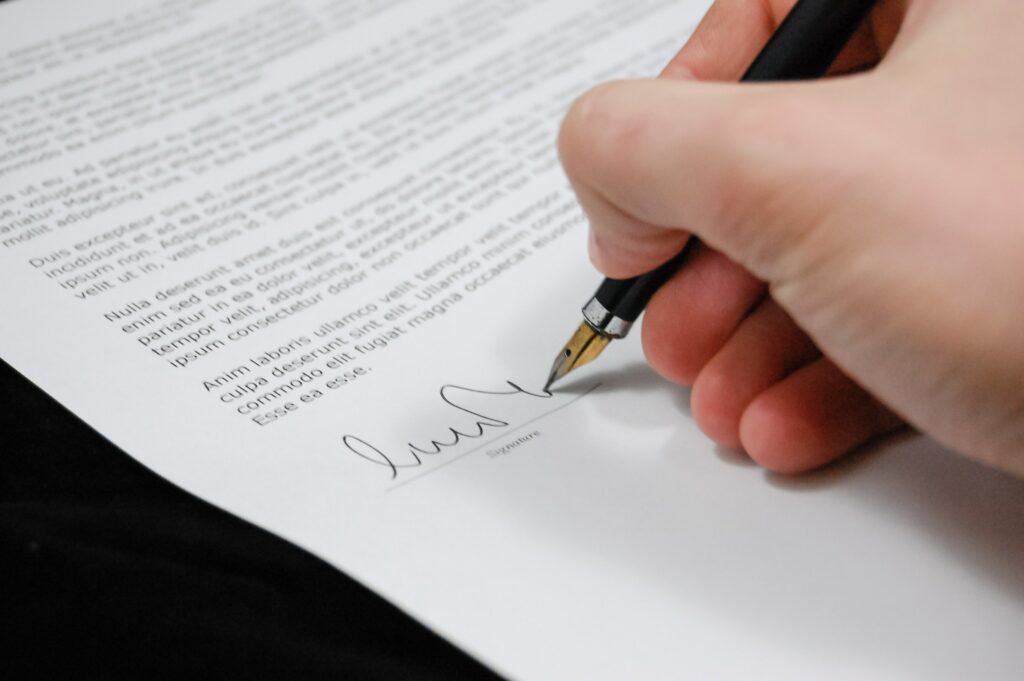
Home Disaster Recovery Services
Water damage often goes unnoticed in a major disaster, but expenses associated with restoring your property can cost more than direct damages. That’s why hiring a property restoration service, like SDR, is highly recommended when water damage is a possibility.
Contact us now for a free estimate! 301-200-7272
At SDR we work directly with all insurance companies and help with all claims. Our experts will detect unnoticed water damage before it generates other expenses like a new roof, floor, or wall.


